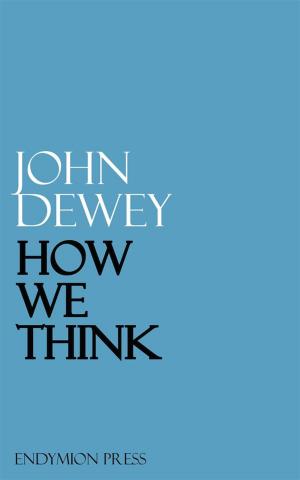The Liar's Non-Paradox: Why Liar Sentences Present No Problems for the Concept of Truth
Nonfiction, Religion & Spirituality, Philosophy, Epistemology| Author: | John S. Pletz | ISBN: | 9781310699238 |
| Publisher: | John S. Pletz | Publication: | July 23, 2015 |
| Imprint: | Smashwords Edition | Language: | English |
| Author: | John S. Pletz |
| ISBN: | 9781310699238 |
| Publisher: | John S. Pletz |
| Publication: | July 23, 2015 |
| Imprint: | Smashwords Edition |
| Language: | English |
The Liar's Non-Paradox explains why the Liar's Paradox is not a paradox of all because the Liar sentence does not have truth potential and cannot be confirmed. Its superficially convincing contradiction ("If 'This sentence is false' is true, then it is false, but if it is false, then it is true") depends completely upon hypothetical premises which cannot support the conclusion that our ordinary concept of truth is deficient because it does not extend to all assertions. The author sets out in detail why that position is invalid and why the proper conclusion is that the Liar sentence is neither true nor false. He then goes on to explain why the back-up arguments of Liar proponents, such as the Strengthened Liar and the Revenge Liar, do not salvage their contentions about the existence of serious problems for the concept of truth due to a Liar. Because the Liar's Paradox does not present a meaningful contradiction, it creates no paradox. Therefore, the numerous efforts which have been made to curtail or mitigate the supposed problems stemming from this faux paradox have been unnecessary.
The Liar's Non-Paradox explains why the Liar's Paradox is not a paradox of all because the Liar sentence does not have truth potential and cannot be confirmed. Its superficially convincing contradiction ("If 'This sentence is false' is true, then it is false, but if it is false, then it is true") depends completely upon hypothetical premises which cannot support the conclusion that our ordinary concept of truth is deficient because it does not extend to all assertions. The author sets out in detail why that position is invalid and why the proper conclusion is that the Liar sentence is neither true nor false. He then goes on to explain why the back-up arguments of Liar proponents, such as the Strengthened Liar and the Revenge Liar, do not salvage their contentions about the existence of serious problems for the concept of truth due to a Liar. Because the Liar's Paradox does not present a meaningful contradiction, it creates no paradox. Therefore, the numerous efforts which have been made to curtail or mitigate the supposed problems stemming from this faux paradox have been unnecessary.















